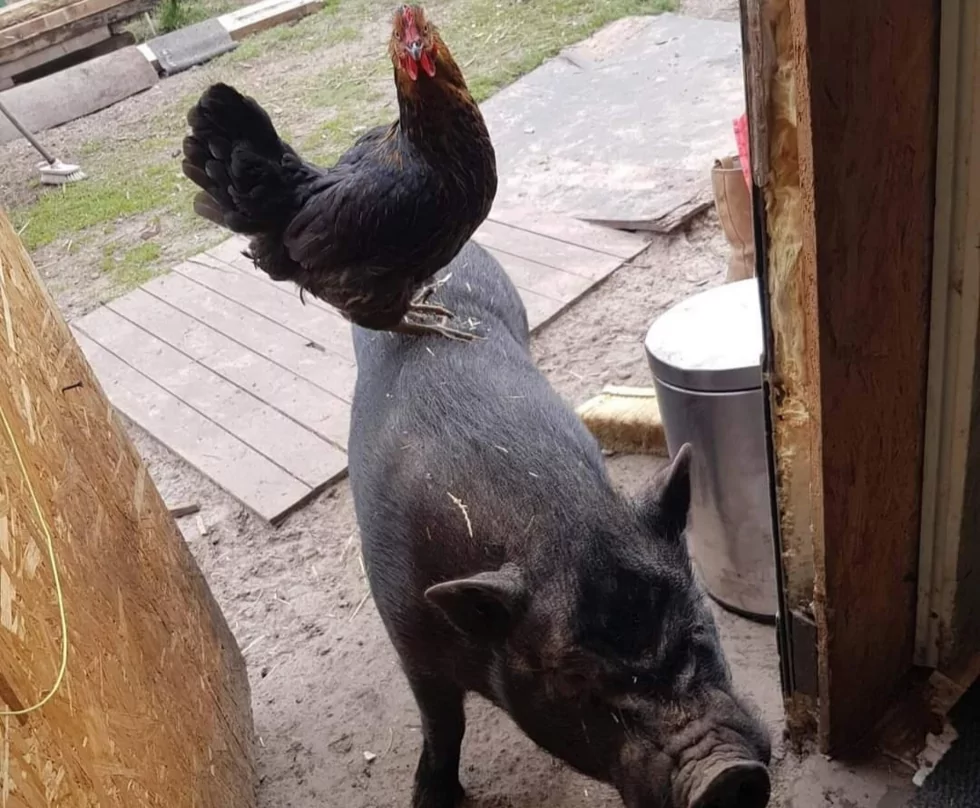While schematically writing down our core values, I came across the following sentence: “We are pigs, not chickens”. As an administrative employee with no IT jargon, I was a bit taken aback to suddenly read about pigs and chickens. Triggered by the underlying message of this quote, I decided to investigate.

The parable of the chicken and the pig dates from earlier editions of the Scrum Guide and goes like this: the chicken asks the pig if it wouldn’t be a good idea to start a restaurant together. The pig asks what the chicken had in mind. “Let’s serve eggs with bacon or ham”, it replies. “You provide the bacon and ham and I’ll provide the eggs”. The sensible pig refuses, as it doesn’t think it’s a fair deal. He would have to give more and more of himself while the chicken only has to lay eggs, which it does anyway. So the pig is seen as ‘committed’ compared to the chicken which is only ‘involved’. And although more recent editions of the scrum guide no longer mention the story, it remains a recognisable metaphor.
After reading this parable, I can see why commitment is a core value in our company. It goes without saying that most people prefer a team in which everyone is equally committed, but in practice, this is not always obvious. After all, being involved means actively thinking along, participating, taking responsibility and, above all, daring to speak up, to share your opinion… Not only with fellow colleagues (that threshold is usually not so high) but also with your superiors and even customers.
In my job, I regularly have the luxury of watching the rest of the team from a distance. I hear and see our management having daily (online) meetings with their team, I see them every day encouraging the team to be actively involved during these daily meetings. Challenging them to give their best every day. I also see the team meeting independently, completing assignments and sprints without management keeping constant control.
They create an environment where the whole team dares to experiment, take on responsibilities and also dare to make mistakes. Each individual is given the space to develop into a 2.0 version of themselves. And when everyone can give the best of themselves, this lifts the entire team to a higher level. They create an environment where the whole team dares to experiment, take on responsibilities and also dare to make mistakes. Each individual is given the space to develop into a 2.0 version of themselves. And when everyone can give the best of themselves, this lifts the entire team to a higher level.. You have to give others (perhaps the chickens) the space to discover the pig in themselves, even if this means you yourself have to step back from time to time, be able to endure some resistance, …
In short, it takes a lot of guts, courage and boldness to “let the beast go”. And what do you choose? Are you a real pig or do you secretly prefer to be a bit of chicken?
– Sarah